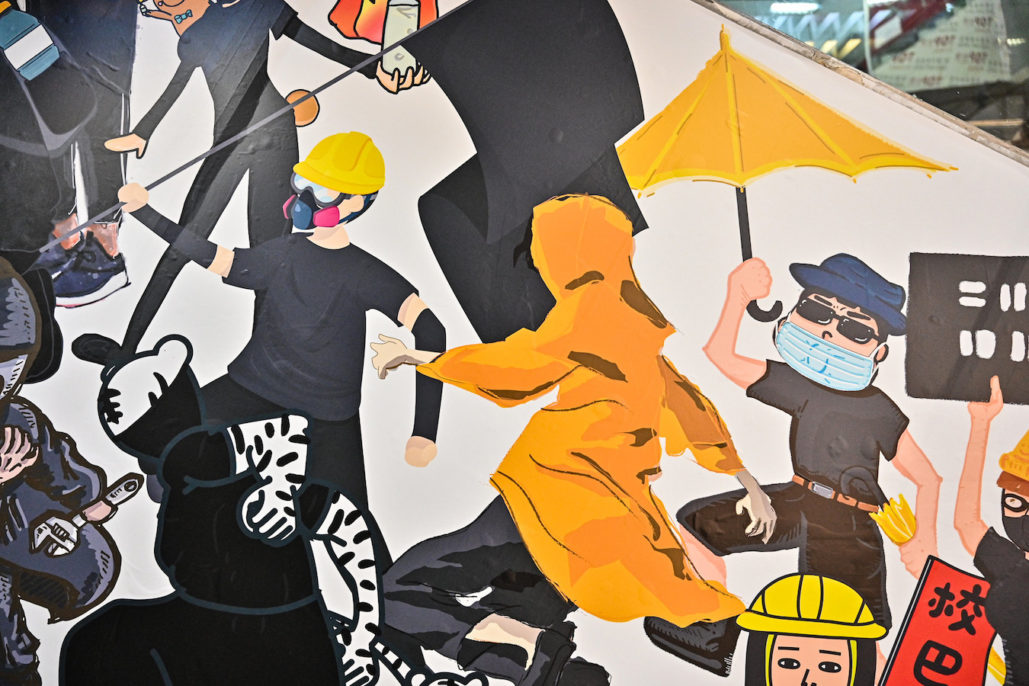by Jeffrey Wasserstrom
語言:
English
Photo Credit: Studio Incendo/Flickr/CC
Printed by special permission of the author is an excerpt from a recent piece in the blog of the Los Angeles Review of Books. What follows, written at a time when news is coming out of both Hong Kong and Thailand of young activists facing prison time for speaking out for things they believe, is the English language original of the preface of Vigil: Hong Kong on the Brink.
I AM DELIGHTED that the first foreign language edition of Vigil: Hong Kong on the Brink is this one. It is fitting for both personal reasons and general reasons that the earliest translation of the book should be into the Thai language.
One reason it is fitting in a personal sense is that 2020 was supposed to be the year I finally visited Thailand. If it had not been a pandemic year that led to many conferences being cancelled, it would have been the year that I made my first trip to a country I have long wanted to visit. I was invited to attend a workshop scheduled to take place in November of last year. If that event had taken place, I would have had a chance not just to see sights I have wanted to see but also to talk to activists about similarities and differences between their protests and the Hong Kong ones I discuss in Vigil. As it turned out, the workshop (one devoted to recent Chinese history) had to be changed to an online one, so I still have not made it to Thailand in person. I am glad, though, that even if 2020 could not be the year of my first visit, 2021 is the year that is seeing my first book make it into bookstores in Thailand. I like the idea of activists I would have enjoyed talking to in person being exposed to my words on the page…
In general terms rather than personal ones, it is fitting that the first foreign edition of Vigil is coming out in Thailand because of how fascinating and complex the connections between Hong Kong protests and Thai protests have been in recent years. I do not know how far back the connections go, but I first became aware of them about half-a-decade ago, when I learned that the three finger Hunger Games salute popularized by the film Mockingjay was being used by some protesters in both locations. Young people in both places found common ground then in admiring the story of determined youths fighting for freedom against impossibly long odds. There are echoes between the struggles in the two settings relating to the simple fact that in each case authoritarian governments, often impatient with dissent, have used force and arrests to try to silence protesters. Beyond that, though, are other ties, such as efforts by youths in each setting to create new visions of citizenship and foster a sense that they can help to shape a new kind of future.
Continue reading at BLARB, the blog of the Los Angeles Review of Books.



